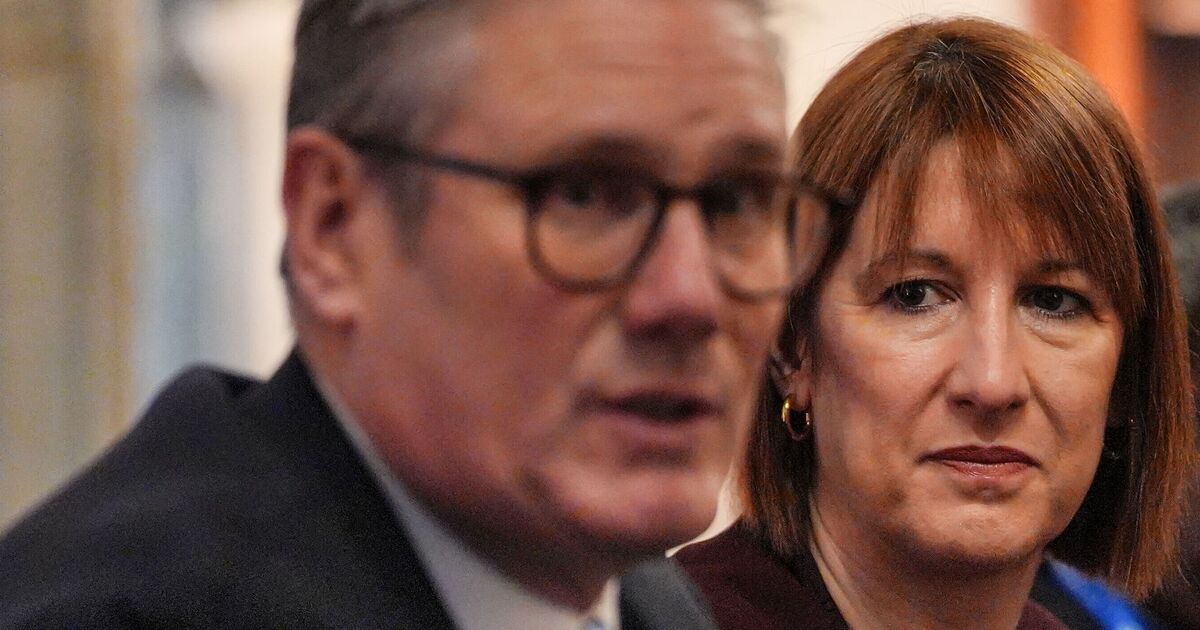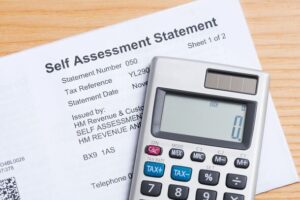
Chancellor Rachel Reeves previously called for a £500,000 limit on tax-free ISAs in an unearthed column from 2016.
Recent comments have reignited concerns that Labour may consider changes to ISAs in its upcoming October 30 Budget, as Ms Reeves suggested the system needed an overhaul, noting it primarily benefits high earners.
Currently, savers can deposit up to £20,000 into ISAs each tax year, with no lifetime cap on total contributions.
Ms Reeves highlighted that 60 percent of tax-free returns go to the top 15 percent of earners, suggesting that the annual limit should be frozen to assist lower-income savers. She also proposed matching contributions for basic rate taxpayers, the Telegraph reported.
In the now-archived piece, she wrote: “We are increasingly seeing a smaller group of wealthier savers using ISAs to minimise their tax liabilities in a move away from the Isa’s original purpose of helping a large number of people build a nest egg.”
The Resolution Foundation, a left-leaning think tank, has previously called for a £100,000 cap on ISAs, echoing concerns that ISAs have shifted away from their original purpose of helping a broader range of savers.
The former leader of the think tank, Torsten Bell, is now the Labour MP for Swansea West. Dame Harriett Baldwin, a Conservative MP, told the Telegraph that Labour might pursue such a cap, warning that it could undermine saving habits and the economy.
While cash ISAs are popular due to their tax advantages, concerns about potential changes have led to increased contributions amid fears of a capital gains tax.
Sarah Coles from Hargreaves Lansdown cautioned that limiting ISA tax breaks could damage the public’s willingness to save and invest.
Currently, ISAs hold £726billion, with over 4,000 individuals reaching “ISA millionaire” status. A £500,000 cap would prevent further growth beyond that threshold.
Experts warn that such changes could tarnish the reputation of ISAs, which were established in 1999 to encourage savings and investment.
A Treasury spokesman said: “Decisions on tax are made in the round at the Budget.”


















